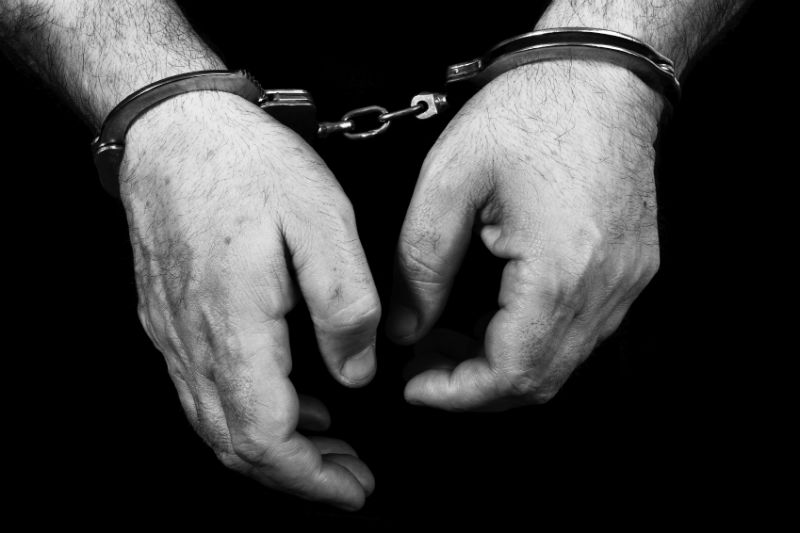September 9, 2015
Some significant differences exist between the act of being stopped and the act of arrest. For legal purposes, and because they can follow each other in quick succession, detention and arrest are the same. The word “detain” means “to hold.” The police can detain a person if they have reason to believe that he or she is doing something suspicious. For example, they may temporarily detain a person who is walking around at 2 a.m. on a street that has a history of hosting drug operations. The officers may ask the person why he or she is at the location, and they can ask the person other lines of questions that are reasonable. To arrest an individual, law enforcement officials need proof of probable cause.
What Happens During a Stop?
If stopped while driving, the driver must present his or her driver’s license and registration. Otherwise, individuals stopped by the police do not have to provide any information, and they are free to go.
What Happens During Detention and Arrest?
However, during detention, the police usually ask questions so that they can gather information from the suspicious party. That person may or may not be allowed to leave after the questioning. The police officers can make an arrest if enough evidence of a crime is present. An official arrest will start the regular booking process for all parties that are involved.
Before an arrest can occur, and if probable cause is evident, law enforcement officers must provide Miranda warnings to the suspect. Then, law enforcement officials will take the individual into custody. They put the individual’s information into the system, and then they contact a judge to get an answer about bail. A judge may order a newly arrested person to pay bail before he or she can get out of the holding facility. The jail will hold the offender if that person cannot afford to pay the bail amount. The courts will decide the outcome of the case when the individual shows up for the hearing.
Looking for Legal Counsel? Call Khonsari Law Group
Khonsari Law Group can be a reliable source of guidance and protection whether a person is in detained or arrested status. Call (727) 269-5300 for help, or reach out online.


